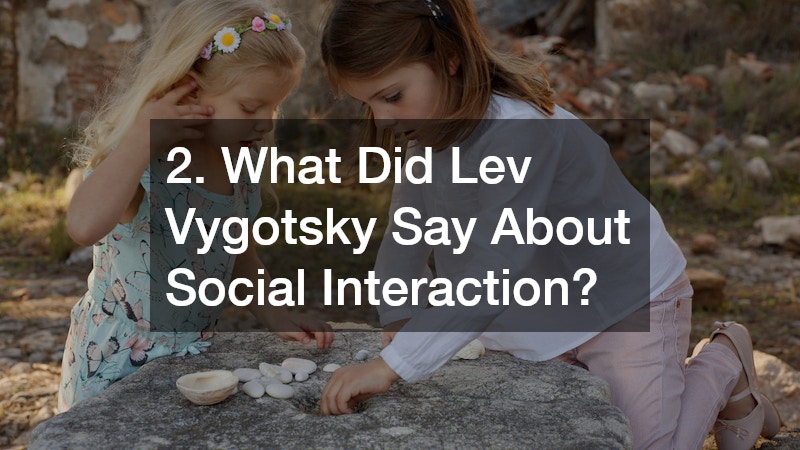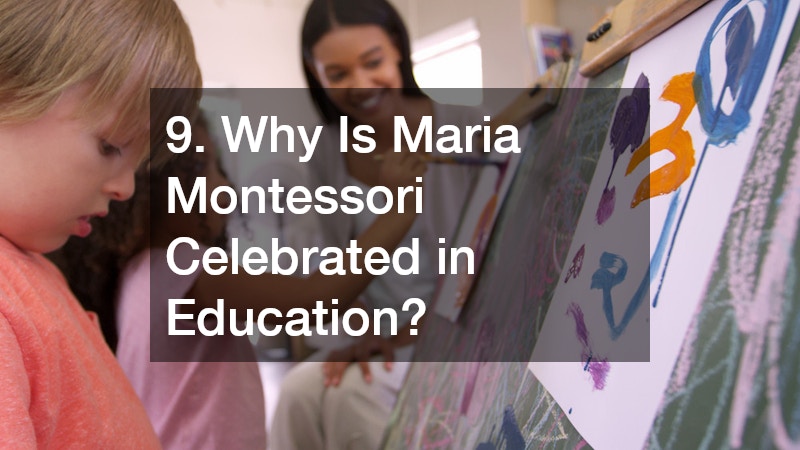
Understanding how children grow, learn, and behave has fascinated psychologists, educators, and parents for centuries. Over time, experts in psychology and education have developed models and frameworks to explain child behavior and development. These are often referred to as child development theories, and the individuals behind them are known as child development theorists.
In this article, we explore 10 influential figures whose work continues to shape how we approach parenting, teaching, and child psychology today.
1. Who Was Jean Piaget and Why Is He So Important?
Jean Piaget, a renowned Swiss psychologist, revolutionized the understanding of how children think and learn. He proposed that children progress through a series of cognitive stages as they grow, each marked by new abilities in reasoning and understanding. These stages—sensorimotor, preoperational, concrete operational, and formal operational—outline how children’s thinking evolves from basic sensory experiences to more abstract and logical reasoning. Piaget’s groundbreaking insight was recognizing that children’s thought processes are fundamentally different from those of adults.
Key Contributions:
- Developed a stage-based model of cognitive development.
- Introduced the idea of schemas, the mental frameworks children use to interpret and organize information.
- Laid the groundwork for many modern educational strategies and theories of child development.
2. What Did Lev Vygotsky Say About Social Interaction?

Lev Vygotsky, a renowned psychologist from Russia, highlighted the importance of social interaction and cultural context in a child’s development. He proposed that learning doesn’t occur in isolation but is shaped through engagement with more knowledgeable individuals. One of his most significant contributions is the Zone of Proximal Development (ZPD)—a concept that explains the space between what a child can accomplish alone and what they can achieve with help from a teacher, parent, or peer.
Key Contributions:
- Stressed the importance of language, dialogue, and collaboration in learning.
- Introduced the ZPD, which remains a central idea in educational psychology.
- Influenced modern classroom practices, including scaffolding techniques that support guided learning.
3. Why Is Erik Erikson Known for Psychosocial Development?
Erik Erikson expanded Freud’s psychosexual model by emphasizing psychosocial stages that span a person’s lifetime. He believed that children go through eight stages of development, each characterized by a specific conflict that must be resolved.
Key Contributions:
- Introduced the concept of identity formation.
- Developed the idea that emotional and social growth is lifelong.
- His stages are often referenced in parenting and counseling.
4. What Makes Sigmund Freud’s Ideas Stand Out?
Freud is known as the father of psychoanalysis. While many of his theories are controversial today, they laid the groundwork for understanding early childhood experiences and how they influence adult behavior.
Key Contributions:
- Proposed the id, ego, and superego as structures of personality.
- Introduced psychosexual stages of development.
- Stressed the importance of the early years in shaping personality.
5. How Did John Bowlby Transform Attachment Research?
John Bowlby, a British psychologist, developed attachment theory, which describes the emotional bonds between a child and their caregiver. His work was crucial in understanding the impact of early relationships on later emotional well-being.
Key Contributions:
- Defined different types of attachment styles (secure, insecure, etc.).
- Showed how early bonding affects social and emotional development.
- Influences parenting styles and child welfare practices today.
6. What Did Mary Ainsworth Discover About Bonding?
Mary Ainsworth expanded on Bowlby’s work by conducting the Strange Situation experiment, which categorized children’s attachment to their caregivers. Her work helped identify how different parenting styles impact emotional development.
Key Contributions:
- Identified secure and insecure attachment patterns.
- Emphasized the importance of sensitive caregiving.
- Influenced modern parenting and clinical practices.
7. How Did Albert Bandura Explain Learning?
Albert Bandura is best known for his social learning theory, which explains that children learn through observation and imitation. His famous “Bobo doll” experiment demonstrated how children model behavior they see in adults.
Key Contributions:
- Introduced the concept of observational learning.
- Highlighted the role of self-efficacy in development.
- His theories inform both education and media influence studies.
8. What Role Did B.F. Skinner Play in Behaviorism?
B.F. Skinner focused on how behavior is influenced by the environment through reinforcement and punishment. He is a key figure in behaviorist theory, which has applications in classroom management and behavior therapy.
Key Contributions:
- Developed the concept of operant conditioning.
- Advocated for positive reinforcement in shaping behavior.
- His work laid the groundwork for behavior modification programs.
9. Why Is Maria Montessori Celebrated in Education?

Maria Montessori, a pioneering Italian doctor and educator, introduced a unique educational approach centered on child-led exploration. Her method encourages independence, practical activities, and learning through discovery, all while honoring each child’s individual pace and developmental needs.
Key Contributions:
- Founded the Montessori approach to education.
- Encouraged child-led learning and exploration.
- Influenced early childhood education globally.
10. How Did Arnold Gesell Help Standardize Development?
Arnold Gesell was one of the first to use scientific methods to study child development. He developed normative milestone charts that helped identify what behaviors and abilities were typical at certain ages.
Key Contributions:
- Created tools to assess developmental progress.
- Advocated for nature’s role in child development.
- His work helped shape pediatric and educational assessment practices.
Final Thoughts: Why Understanding Child Development Theorists Matters
Learning about child development theorists gives us valuable insights into how children grow, think, and learn. Whether you’re a parent, teacher, or student, understanding these foundational thinkers helps you make informed decisions about how to support children at every stage of development. By combining knowledge from multiple theorists, we can build a holistic approach to nurturing children’s cognitive, emotional, and social growth.